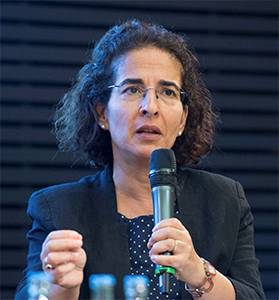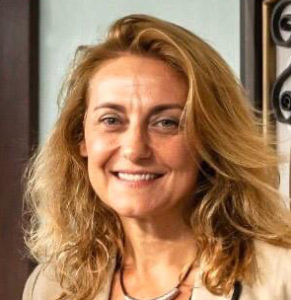Interview: Nazila Ghanea on Religious Freedom and Gender Equality as Non-Clashing Rights

Nazila Ghanea is the UN Special Rapporteur on Freedom of Religion or Belief. She is also Professor of International Human Rights Law and Director of the MSc in International Human Rights Law at the University of Oxford. Ghanea has acted as a human rights consultant/expert for a number of governments, international organisations, and human rights organisations. She has published extensively on religious freedom, minority rights, and international law. Among her publications are Freedom of Religion or Belief: An International Law Commentary (2016); Religion or Belief, Discrimination and Equality: Britain in Global Contexts (2013); Does God Believe in Human Rights? (2007); and Human Rights, the UN and the Bahá’ís in Iran (2003). Ghanea was interviewed by Elizabeth A. Clark and Dmytro Vovk.
Dmytro Vovk: The freedom of religion or belief (FoRB) and gender equality problematic is very politicized, often in different directions. Some countries use FoRB language to criticize human rights and gender equality as concepts; others focus international efforts on gender equality while deemphasizing FoRB; and yet other countries invest significant recourses in the advancement of gender equality or FoRB abroad while achieving less impressive results on the domestic level. How does this politicization affect international human rights law?

